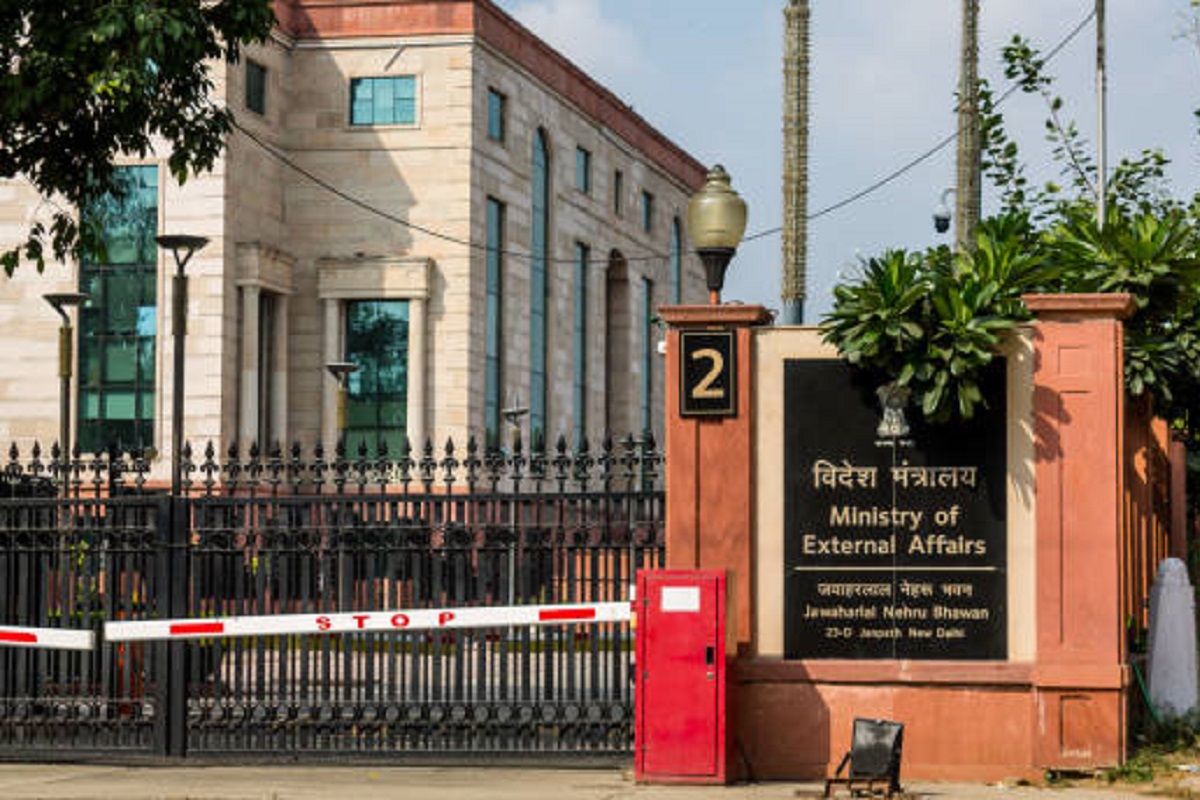Making UNGA more effective can’t be divorced from UNSC reforms: India
Making the General Assembly more effective cannot be divorced from the wider context of the reform of the UN, including the Security Council, according to India.
“We have seen the statement made by the Spokesperson of the Office of the High Commissioner for Human Rights (OHCHR) on specific incidents in Jammu and Kashmir. The statement makes baseless and unfounded allegations against law enforcement authorities and security forces of India,” MEA spokesman Arindam Bagchi said

Photo: iStock
India on Thursday took cognizance of the statement from the UN High Commissioner for Human Rights (OHCHR) on specific incidents in Jammu and Kashmir and said such remarks reflect ‘lack of understanding’ of security challenges faced by India from ‘cross-border terrorism’.
“We have seen the statement made by the Spokesperson of the Office of the High Commissioner for Human Rights (OHCHR) on specific incidents in Jammu and Kashmir. The statement makes baseless and unfounded allegations against law enforcement authorities and security forces of India. It also betrays a complete lack of understanding on the part of the OHCHR of the security challenges faced by India from cross-border terrorism and its impact on the most fundamental human right ‘the Right to Life’ of our citizens including in Jammu and Kashmir,” MEA spokesman Arindam Bagchi said in response to media queries.
He said: Referring to proscribed terrorist organisations as ‘armed groups’ demonstrates a clear bias on the part of OHCHR. As a democratic country, with an abiding commitment to promote and protect the human rights of its citizens, India takes all necessary “steps to counter cross border terrorism”.
Advertisement
The national security legislations, like the Unlawful Activities (Prevention) Act, 1967 (UAPA) were enacted by Parliament to protect the sovereignty of India and ensure the security of its citizens, he said.
“The arrest and subsequent detention of the individual referred to in the statement was done entirely as per provisions of law,” the MEA spokesman said.
He maintained that the authorities in India act against violations of law and not against legitimate exercise of rights.
“All such actions are strictly in accordance with the law,” he said adding,
“We urge the OHCHR to develop a better understanding of the negative impact of terrorism on human rights”.
The Office of the UN High Commissioner for Human Rights (OHCHR) said in a statement on Wednesday that it is “deeply concerned at the arrest of Kashmiri human rights defender Khurram Parvez under Indian counter-terrorism legislation, the Unlawful Activities Prevention Act (UAPA)”.
The UN body also suggested that there should be amendments in the law to bring it in line with the international human rights law and standards.
“We reiterate our calls for the UAPA to be amended to bring it into line with international human rights law and standards, and urge the authorities, pending the law’s amendment, to refrain from using this or other laws unduly restricting freedom of expression in cases involving civil society, media, and human rights defenders,” it said.
On Nov 23, elite anti-terrorism investigation body, NIA had arrested Kashmiri human rights activist Khurram Parvez under the stringent terror law following a day-long raid at his office and residence in Kashmir.
Parvez was summoned to the NIA office in Srinagar on Monday for questioning from where he was formally arrested under various sections of the Unlawful Activities Prevention Act (UAPA) and the Indian Penal Code for “terror funding” and other charges and was later arrested.
Advertisement